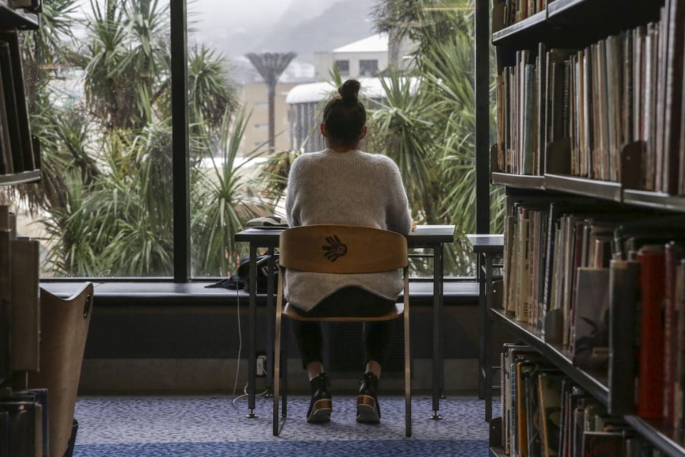Universities and students' associations warn rising living costs are hitting students especially hard this year.
One university is fundraising for a new emergency scholarship and another university staffer says the financial pressure is causing serious mental health problems.
Student leaders say students were struggling to afford food, rent and other bills and studying had become harder than ever.
AUT's student services director Joanna Scarbrough, told RNZ financial problems were the main cause of mental health difficulties for students.
"When we are completing wrap-around support for these students, what we are finding is their level of hardship is leading to mental distress and mental unwellness.
"Depression, anxiety, despair, low mood, low engagement. Their well-being is affected and that affects learning, it affects healthy relationships, it affects every facet of their lives."
Scarbrough says AUT was helping about as many students as last year, but the amount of financial assistance they needed had doubled.
"The big observation here is that whereas in 2022 most students averaged at $393, in 2023 it's $653."
Scarbrough says students are struggling with the cost of food, transport and accommodation, and also the availability of accommodation following flooding in Auckland earlier this year.
She says more are working, and they are working longer hours to make ends meet.
"Whereas a decade ago they may have studied and worked, now they are working and on top of that work studying to be able to finance their higher education cost.
"That can lead to missed assessments, lost social connections. It's just so much harder being a student in 2023 than it was five years ago, 10 years ago."
Scarbrough says students should not hesitate to contact their university if they are struggling.
"There's no stigma. Ask for help from your universities because we care and we're here to support."
In Wellington, Victoria University Te Herenga Waka recently started fundraising for a new emergency cost of living scholarship, stating that students faced a cost of living crisis.
"Stretched finances have always been part of student life, but this challenge goes far beyond anything we've experienced before," the university says in a statement.
The university's students' association president Jessica Ye says more students are working, including some who tried to work full-time and study full-time.
"We've heard that many students, and I also know many students, who are now working more hours and actually dropping from full-time study down to part-time study because they just can't afford to do full-time study, it's just too stressful."
Auckland University Students Association president Alan Shaker says some weeks 30 or 40 students will ask for help.
He says that is more than a couple of years ago and students are struggling with rising costs and expensive flats.
He says being a student has never been so hard.
"I've seen that shift over the last probably three to five years where being a student now is completely different to being a student seven or eight years ago.
"The world's changed and students are having to do a lot more with a lot more pressure now."
Otago University Students' Association president Quintin Jane says the association is dealing with unprecedented demand for financial assistance.
He says this month's $20-a-week increase to student allowances had already been swallowed by rising rents and increased food bills.
"Groceries in particular are an area that students are really struggling. Fresh vegetables are costing a fortune.
"It's hard, it's tight and the increases that we see to the student living loan [component] and the student allowance are absorbed before you've even got them."
Jane says students needed help that put them ahead of rising rents and bills.
"Increases to the living loan and living allowance are helpful in the short-term but they're not going to fix some of the systemic problems.
"There needs to be re-looking at the way that we control rent and the student property market, we need to look at not just increasing loans but rather looking at things like a universal education income."



0 comments
Leave a Comment
You must be logged in to make a comment.